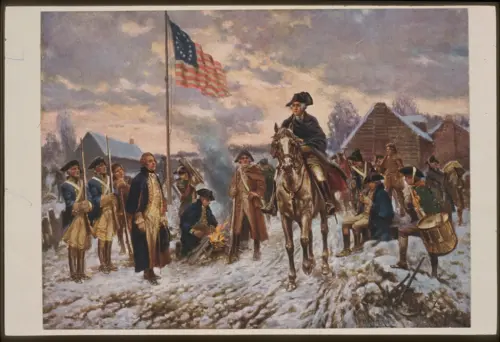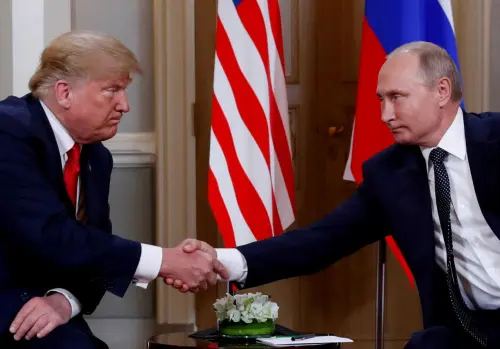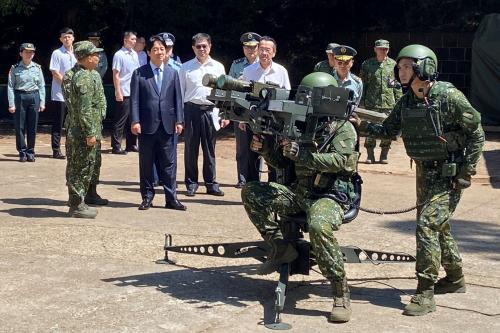

10:00 am EDT - 11:30 am EDT
Past Event
10:00 am - 11:30 am EDT
1775 Massachusetts Ave., NW
Washington, DC
How does presidential war power translate – if at all – to the domestic policy sphere? In their new book, The Wartime President: Executive Influence and the Nationalizing Politics of Threat (University of Chicago Press, 2013), William Howell, Saul Jackman, and Jon Rogowski offer new theories and evidence that explain why members of Congress lend greater support to presidents’ policy agendas in wartime, particularly World War II and the post-9/11 wars, than during peace. The authors also contend that other wars, such as Korea, Vietnam, and the Persian Gulf wars, had a more measured effect on domestic policy, raising further questions about the relationship between domestic and foreign policy spheres.
On November 1, the Center for Effective Public Management at Brookings hosted a forum focused on how war affects Congress and the presidency. Discussion centered on how presidents leverage war in their perennial efforts to advance a domestic policy agenda. A panel of experts shared their thoughts on how war has the potential to change the country’s politics at home.

Michael E. O’Hanlon, Kathryn Dunn Tenpas
May 22, 2025

Thomas Wright
May 19, 2025

John Culver, Bonny Lin, Brian Hart
May 15, 2025